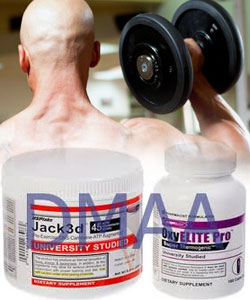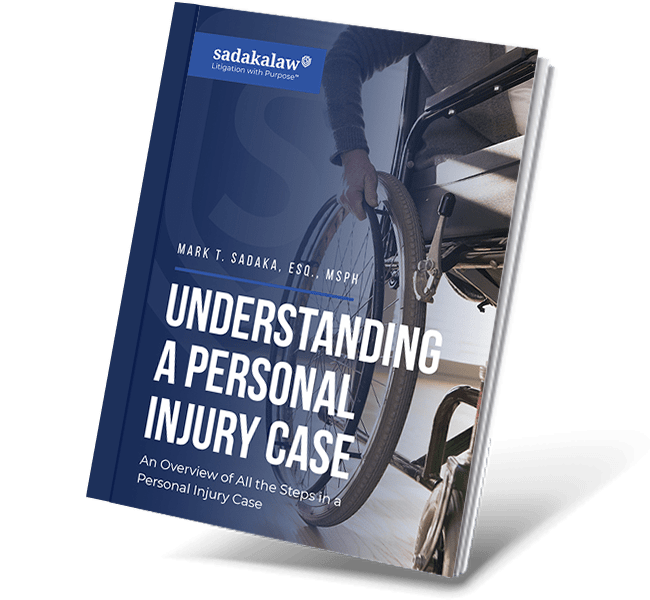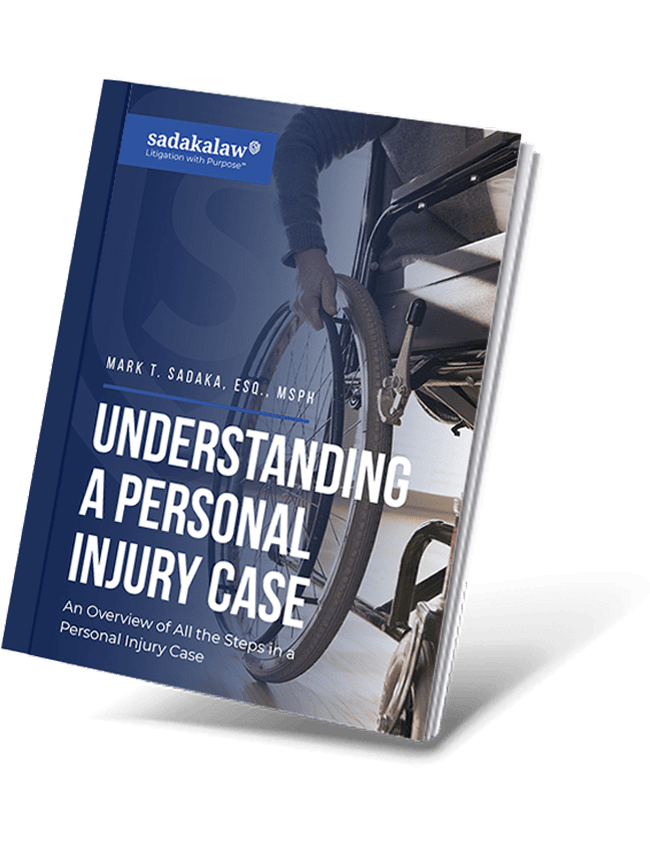 In the past we have written about the controversial stimulant found in many sports supplements, called dimethylamylamine, better known as DMAA. We informed you of the dangers of the supplement, as well as how the FDA warned supplement manufacturers to remove products from their product line that contained the stimulant.
In the past we have written about the controversial stimulant found in many sports supplements, called dimethylamylamine, better known as DMAA. We informed you of the dangers of the supplement, as well as how the FDA warned supplement manufacturers to remove products from their product line that contained the stimulant.
In the latest news concerning DMAA, a new study found that the stimulant found in certain sports supplements containing DMAA is frequently of synthetic origin, contrary to what many labels say. Researchers found that the controversial compound, while often labeled as coming from geranium plants, actually originated in a chemistry laboratory.
What is DMAA?
DMAA, also known as methylhexaneamine and 2-amino-4-methylhexane, was first named ‘Forthane’ and introduced by Eli Lilly & Co., as a vasoconstrictor in the 1940s. After decades of relative obscurity, it was trademarked as geranamine and brought to the sports market as a dietary ingredient in various pre-workout supplements. This was possible because it was reported as a natural product extracted from geranium (Pelargonium graveolens) paper published in the Journal of Guizhou Institute of Technology in 1996.
In 2009, DMAA was added to the 2010 prohibited list by the World Anti-Doping Agency (WADA). In 2010 and 2011, some athletes were disqualified or stripped of their awards in various sporting events when DMAA was detected in post-event drug tests.
In December 2010, the Journal of the New Zealand Medical Association reported that a 21-year-old man suffered a serious hemorrhage after taking DMAA containing pills subsequent to having an alcoholic drink. Then, in December 2011, it was reported that thedeaths of two US soldierswere suspected to be related to the use of DMAA-containing supplements, resulting in a recall from commissary bases all over the country.
Also, in 2011, the American Herbal Products Association (AHPA) declared that supplement manufacturers should not label the stimulant DMAA as geranium oil or as any part of the geranium plant. This statement was then supported by the United Natural Products Alliance (UNPA) in January 2012.
Latest DMAA Research
The new research was by Daniel W. Armstrong, Ph.D., of the University of Texas at Arlington. Researchers set out to determine the unique isomeric ratios of synthetic substances (DMAA) and natural substances which are distinctly different and therefore can be used to distinguish between the two. Eight different geranium extracts of different geographical origins were examined for the presence of DMAA. No DMAA was found in any of the geranium extracts.
Results showed that the DMAA actually consists of 4 different compounds called stereoisomers and that the unique isomeric ratios in synthetic DMAA were the same as those found for the DMAA in all supplements. Thus, the DMAA in supplements could not have originated from the geranium plant.
“The FDA should regulate and/or ban products in which significant amounts of synthetic pharmacological compounds are added,” Armstrong opined. “Also, this information should be clearly labeled – including their effects and possible side effects – so that consumers can make an informed choice.
DMAA Side Effects
According to the FDA, potential side effects of DMAA can narrow the blood vessels and arteries, which can elevate blood pressure and may lead to cardiovascular events ranging from shortness of breath and tightening in the chest, to heart attack, according to the agency. The FDA said it had received 42 adverse reports on products containing DMAA, including psychiatric disorders and death.
The new study was published in the journal Drug Testing and Analysis.
For more information about dangerous dietary supplements and defective drug law, visit the website of Sadaka Associates at www.sadakafirm.com.


